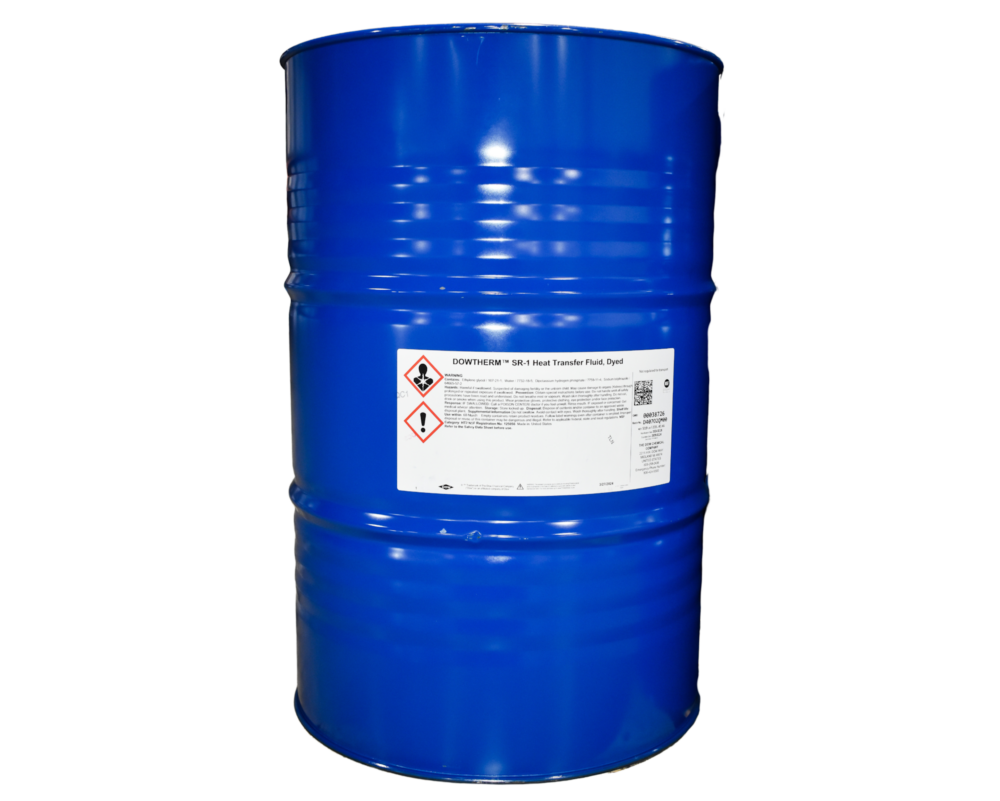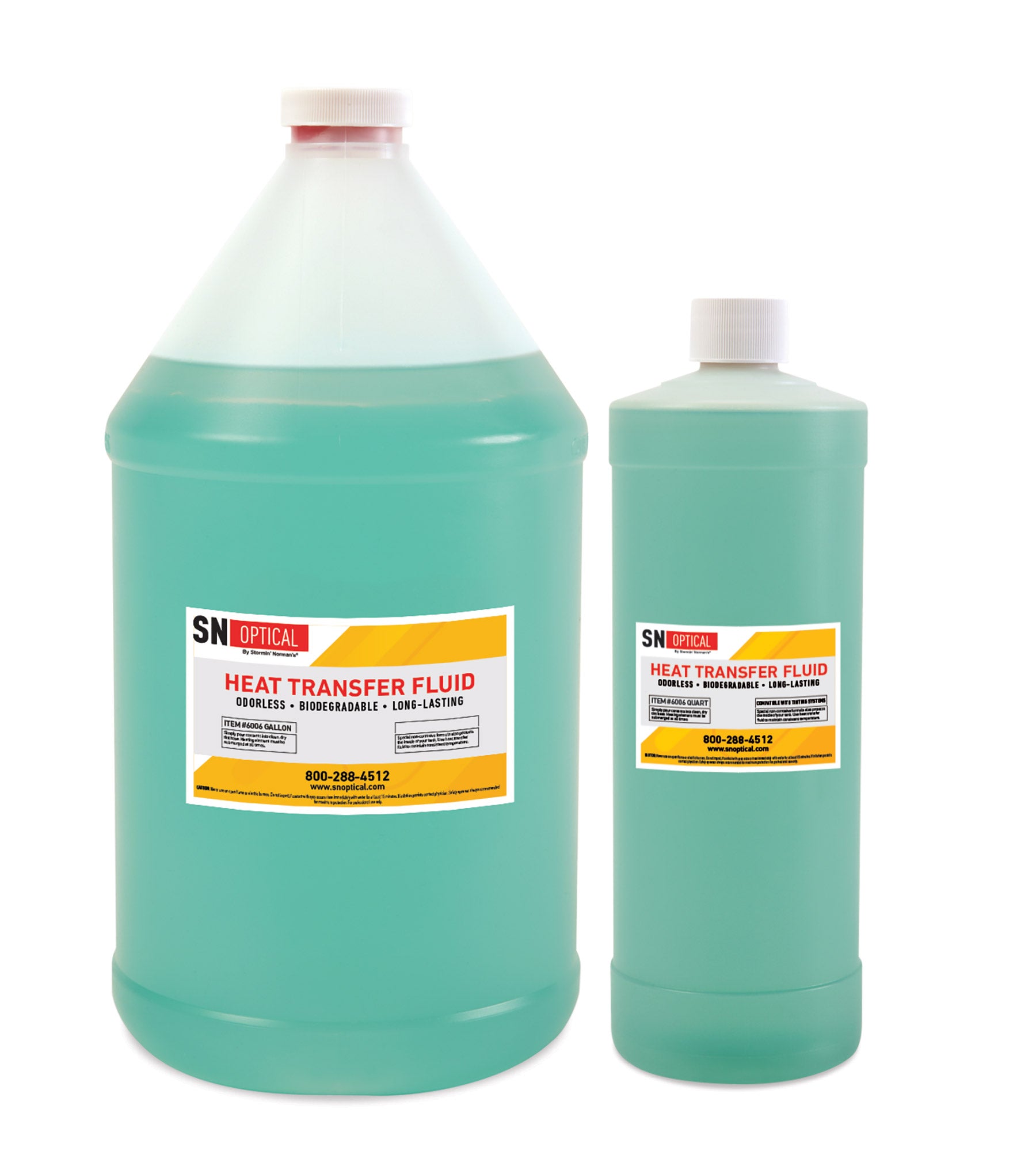How to Pick the most effective Heat Transfer Fluid for Industrial Applications
How to Pick the most effective Heat Transfer Fluid for Industrial Applications
Blog Article
The Duty of Warmth Transfer Liquid in Enhancing System Efficiency and Safety
In the ever-evolving landscape of commercial processes, warm transfer liquids (HTFs) become essential elements in optimizing both system efficiency and security. These specialized fluids, understood for their superior thermal conductivity and regulated thickness, make it possible for reliable heat exchange, which is vital for structured procedures. However, the effect of HTFs prolongs beyond simple effectiveness; their integral thermal security and reduced flammability considerably contribute to risk reduction. As sectors grapple with the demand for high-performance and safe procedures, comprehending the nuanced role of HTFs ends up being vital. What exactly makes HTFs so crucial in today's commercial frameworks?
Recognizing Heat Transfer Fluids
Warmth transfer fluids, often taken into consideration the lifeblood of thermal administration systems, play a critical duty in regulating temperature level throughout numerous commercial applications - heat transfer fluid. Industries such as chemical processing, power generation, and manufacturing rely on warmth transfer fluids to make sure devices runs effectively and securely.
The choice of a proper warmth transfer liquid is important to the success of a thermal monitoring system. Comprehending the nature and function of these liquids involves identifying their capability to take in, transportation, and launch warm power successfully. Warmth transfer fluids can be broadly categorized right into various types, including water-based, glycol-based, and artificial oils, each with its certain applications and benefits. The selection of liquid depends upon factors such as temperature variety, thermal security, and compatibility with system products. In recap, a thorough understanding of heat transfer fluids is vital for optimizing system performance, making certain operational safety, and attaining cost-effective thermal monitoring remedies.
Secret Residence of HTFs

The specific warmth ability of an HTF defines the amount of warm energy required to transform its temperature, affecting just how effectively the system can react to temperature variants. The boiling and freezing points of HTFs additionally play a crucial role, specifically in systems exposed to severe temperature levels, making sure liquid stability and protecting against phase changes during operation.
Enhancing System Efficiency
To enhance system efficiency with warm transfer liquids (HTFs), it is necessary to incorporate an extensive strategy that considers both liquid residential or commercial properties and system style. The selection of a suitable HTF is critical, as its thermal conductivity, viscosity, and certain warmth capability directly influence the performance of heat exchange.
Just as vital is the design of the warm transfer system itself. Designers must guarantee that components such as heat exchangers, pumps, and piping are developed to complement the properties of the selected HTF. For example, the area and material of warm exchangers should be optimized to take full advantage of warmth transfer effectiveness. The combination of innovative innovations, such as variable speed pumps and wise monitoring systems, can substantially enhance the responsiveness and flexibility of the system to changing functional conditions.
Boosting Operational Security
Making sure operational safety in warmth transfer systems requires a thorough focus on both the residential or commercial properties of warm transfer liquids (HTFs) and the style and upkeep of the whole system. HTFs need to possess thermal security, low flammability, and appropriate viscosity to reduce risks such as leakages, fires, and system breakdowns. Picking the appropriate HTF is vital as it determines the system's capability to take care of temperature fluctuations without jeopardizing safety and security.
The style of the system must include redundancies and fail-safes to handle potential my blog dangers efficiently. This consists of the integration of safety valves, stress alleviation gadgets, and temperature monitoring systems to discover and resolve anomalies without delay. Regular upkeep is vital to ensure that all components, consisting of pumps, pipelines, and seals, are operating appropriately and are without wear or rust, look at more info which could result in unsafe leaks or failures.
Moreover, employees in charge of the operation and upkeep of warmth transfer systems should be appropriately educated in security procedures and emergency situation reaction treatments. Regular training programs and security drills can substantially decrease the chance of accidents, making certain a safer working setting. Ultimately, a thorough technique to safety and security-- including fluid selection, system style, and workforce training-- is essential for optimal functional protection.
Market Applications of HTFs
Commonly made use of throughout different sectors, warmth transfer fluids (HTFs) play a crucial duty in enhancing the performance and dependability of thermal management systems. In the chemical sector, HTFs are integral for maintaining accurate temperature levels during responses, guaranteeing product consistency and quality. They promote warm exchange processes in reactors, condensers, and warmth exchangers, consequently maximizing power usage and lessening waste.
In the oil and gas industry, HTFs are utilized in both upstream and downstream operations. They take care of temperature in exploration operations and improve effectiveness in refining processes by supplying secure thermal conditions. This results in lowered downtime and boosted safety, particularly in crucial operations such as distillation and splitting.
The eco-friendly power sector likewise benefits significantly from HTFs, specifically in concentrated solar power (CSP) plants. Here, HTFs move recorded solar power to power generators, making it possible for effective power generation. The pharmaceutical industry relies upon HTFs for specific temperature control in both synthesis and storage, ensuring item efficacy and safety.


Additionally, the food and beverage industry makes use of HTFs for pasteurization, sanitation, and cooking procedures, boosting both product security and manufacturing performance. Across these industries, HTFs work as essential visit our website elements in maintaining ideal functional performance and security.
Final Thought
Warm transfer fluids are vital in boosting commercial system performance and safety by supplying high thermal conductivity, optimal viscosity, and thermal stability. Correct choice and maintenance of HTFs enhance heat exchange efficiency, thus boosting operational performance.
Report this page